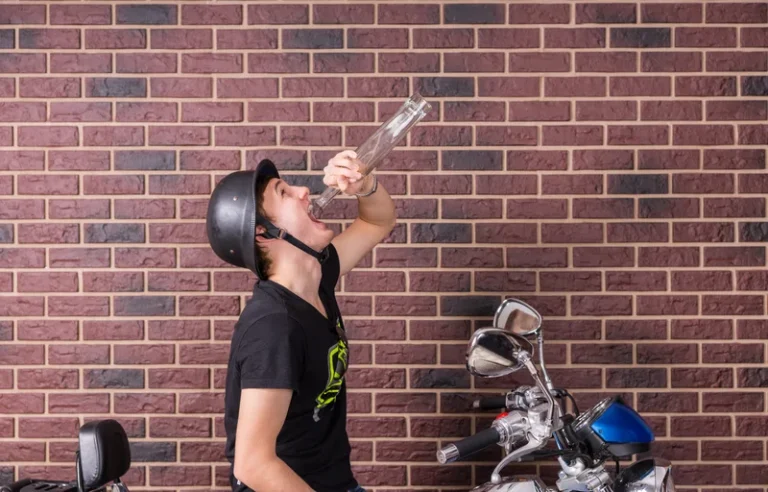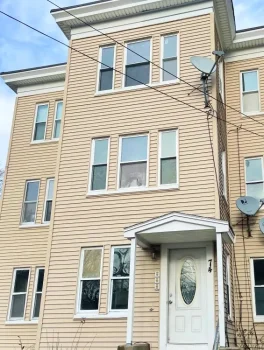
Sober living
Why Alcohol Can Give You Anxiety

But the next day, that greasy meal they enjoyed can become a source of anxiety. Drinking alcohol triggers the hormone vasopressin, which regulates your body’s water and salt levels. It signals the kidneys to take in more fluid and produce urine, increasing how much alcohol and anxiety you urinate (pee).

How many people drink alcohol as a coping mechanism?
The most effective choices are jasmine, lavender, sandalwood, and rose. You can have a warm bath before going to bed and make it even better by inhaling lavender oil. You can also carry a small bottle of your favorite essential oil and inhale the scent whenever you need to calm your nerves.
Causes of Panic Attacks From Alcohol
Research has shown that self-compassion can reduce anxiety and depression symptoms. Try relaxation techniques like deep breathing, meditation, yoga, or tai chi. It’s not unusual for someone to wake up after a night of drinking feeling social embarrassment and regret.
Why Do I Get Super Anxious the Day After Drinking?
Similarly, if you find yourself regularly experiencing the symptoms of an anxiety disorder—including panic attacks—it’s important to seek help. The more you drink, the more likely you are to induce chemical changes that can trigger panic attacks and other health problems. As a result, the best way to prevent panic attacks after drinking is to know your limits and avoid drinking to excess. Similarly, people with severe anxiety disorders may be more likely to develop AUD, particularly if they use alcohol as a coping mechanism.
- There are no specific studies that suggest that one type of alcohol can affect anxiety levels more than other types of alcohol.
- People with AUD may have a higher risk of developing an anxiety disorder, such as generalized anxiety disorder or social anxiety.
- As the effects of the alcohol wear off, your brain works to rebalance these chemicals by reducing GABA and increasing glutamate.
- Cutting out alcohol will help you cope better, and should reduce the likelihood of experiencing a panic attack, but it won’t stop them altogether.
Follow us on social media
Practice self-compassion and relaxation techniques to relieve embarrassment, shame, or regret. Remember to limit yourself to one to two drinks per day and pace yourself by drinking water between each drink. For example, you can add mineral water and a splash of juice to white wine to make a wine spritzer. You might opt for a light beer, which tends to have lower alcohol content than craft brews. Alcohol consumption also releases cortisol, which is a stress hormone. Increased cortisol can reduce your ability to regulate emotions the next day.
Hangover Cures
When this wears off, we typically see a rebound effect where anxiety levels spike. This is partly because alcohol disrupts the balance of neurotransmitters and chemical messengers in the brain. Drink long enough — or hard enough — and you’re probably familiar with the dreadful feeling that comes the morning after a night of over-imbibing.
- It’s also no secret that drinking—especially heavy drinking—can bring on feelings of regret the next day.
- This causes sweating, shakiness, an increased heart rate, and an overall feeling of anxiety.
- Over time, a reliance on alcohol to manage social anxiety can even worsen the problem and lead to a harmful cycle of dependence.
Paxil vs Zoloft: Comparing medications
This means that cutting out alcohol can help – but often further action is required in order to take full control of your condition. In this case, alcohol can be especially harmful, potentially triggering and exacerbating panic attacks. While for some people the occasional drug addiction drink is not harmful, others find that a single sip of alcohol is enough to significantly worsen their anxiety. While some people are able to drink responsibly and in moderation, others struggle to control their drinking and put themselves at risk of developing addiction and other physical health concerns.
- During a detox, anxiety can manifest physically and mentally, often causing symptoms like ‘the shakes,’ trembling, distress, and panic as the body and mind go through withdrawal.
- However, it can be easy for one drink to turn into more and lead to a growing dependence on alcohol.
- For example, you can add mineral water and a splash of juice to white wine to make a wine spritzer.
- Exercising, meditating and spending time outdoors or with friends and family all support BDNF, Blassingame says.

Any information published on this website or by this brand is not intended as a substitute for medical advice, and you should not take any action before consulting with a healthcare professional. Research shows that people with alcoholism find it difficult to recover from traumatic events. This is possibly because of the effects of alcohol abuse, which can actually change brain activity. Alcohol-induced anxiety can last for several hours, or even for an entire day after drinking.

Research has shown that a negative frame of mind will likely get in the way of healthy coping strategies. At Talkiatry, we specialize in psychiatry, meaning the diagnosis and treatment of mental health conditions. Your body, however, is always looking to establish equilibrium, or balance. A heavy influx of alcohol can lead to your body blocking its own GABA receptors in an attempt to re-establish this equilibrium. With fewer GABA receptors available, your body can naturally absorb less GABA, which inhibits your ability to naturally calm down and can lead to panic attacks.
What Does Anxiety After Drinking Feel Like?
“It makes sense that you would feel a sense of panic as you try to piece together what your actions were,” Stensby says. “Not knowing what occurred or with who can leave you feeling anxious for a good reason.” The review authors reported that reducing alcohol intake could improve a person’s self-confidence, physical and mental quality of life, and social functioning. Recovering from a hard night of drinking can also make you hazy, bring on headaches, and create a sense of disorientation. Getting rid of hangxiety involves resting, avoiding anxiety-provoking challenges during the episode, staying with a supportive person, getting something to eat, and staying hydrated. Some healthy adults can become sick from consuming even a small amount of alcohol.


Connect With Our Team